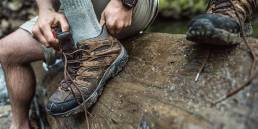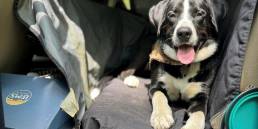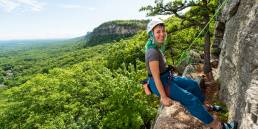A new internship at the Mount Washington Observatory—in conjunction with the United States Forest Service’s Mount Washington Avalanche Center—is helping to build a better community for outdoor recreationalists in New Hampshire. Whether you’re catching some end-of-season ice routes in Huntington Ravine, spring skiing in Tucks or the Gulf of Slides, or hiking on Mount Washington, read on to understand why the collaboration between the Observatory and the Avalanche Center is helping keep everybody safe on the Northeast’s highest peak.
The Internship
This avalanche-focused internship allows for 16 weeks of focused work at the Mount Washington Observatory and Avalanche Center. While working with the Avalanche Center, the intern looks at the snowpack and makes meteorological observations; at the Observatory, the work revolves around meteorological forecasting, outreach, education, and research.
The Intern
Laura Wilson (check out what she’s up to here) is the first intern to hold this unique position. According to Jay Brocollo, Director of Weather Operations at the Observatory, her incredible presence and wonderful attitude have been the perfect fit for what the joint position requires. Laura works in one- to two-week sessions with the Avalanche Center and then the Observatory, flowing back and forth between the two.
Laura’s time with the Avalanche Center provides her with plenty of fieldwork and time on the mountain—from making observations of avalanche-prone areas to helping educate about weather on the mountain, she is often outside experiencing the conditions on Mount Washington. At the Observatory, Wilson works on forecasting, reading weather models, and supporting the Observatory’s placement of Automated Weather Stations on the mountain.
Outcomes
From the start, the benefits of this position were clear to Brocollo, especially in the area of communication. Having Wilson working at both the Observatory and the Avalanche Center allows for greater communication between the two entities. As a result, the Observatory is better able to understand the needs of the Avalanche Center and vice versa. For example, the Observatory is interested in better understanding how terrain affects snow, which the Avalanche Center can help provide information on.
This continuous dialogue allows each organization to better meet the needs of the outdoor communities that they work so hard to support, particularly through the Avalanche Center’s daily avalanche forecast and the Observatory’s Higher Summits Forecast. The collaboration utilizes the strengths of both groups to make activities better for the people who enjoy the outdoor world. Whether it’s understanding weather patterns to help ski resorts make snow, informing and educating the public, or helping people be better prepared for skiing, ice climbing, or mountaineering in the Whites, the teams at the Mount Washington Observatory and the Avalanche Center are constantly working to help recreationalists.
How This Affects Outdoor Recreationalists
The more that the Observatory and Avalanche Center are able to work together, the better outcomes for all outdoor athletes. The Observatory constantly considers how they can best inform those who spend time outdoors about the environment and weather around them.
The work that’s done at the Observatory and Avalanche Center directly affects all of those who visit the White Mountains. After observing the success of having an intern work with both the Avalanche Center and the Weather Observatory, Broccolo hopes to see Wilson’s position funded again in the future.
How You Can Help
The White Mountains’ outdoor community regularly uses the Mount Washington Observatory and their forecast as well as the USFS Avalanche Center before heading out on adventures. If you’re someone who benefits from them or enjoys reading the forecasts and using the educational tools on the Observatory website, consider a donation to the Mount Washington Observatory. As a non-profit, your gift is tax-deductible and helps support internships like this one, as well as a variety of other projects that the Observatory is involved in. Information about how to donate to the Observatory can be found on its website. Please note, if you would like your gift to support a specific program, you may write it in the Notes section of the donation page.
Genevieve Martland
Genevieve Martland lives with her family in Massachusetts. When she’s not carting her children to extracurriculars, she can be found running on streets and trails of New England.
Related Posts
April 24, 2024
What to Bring When Road Tripping with Your Dog
Prepare for the ultimate road trip with…






